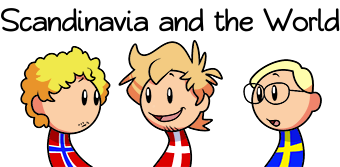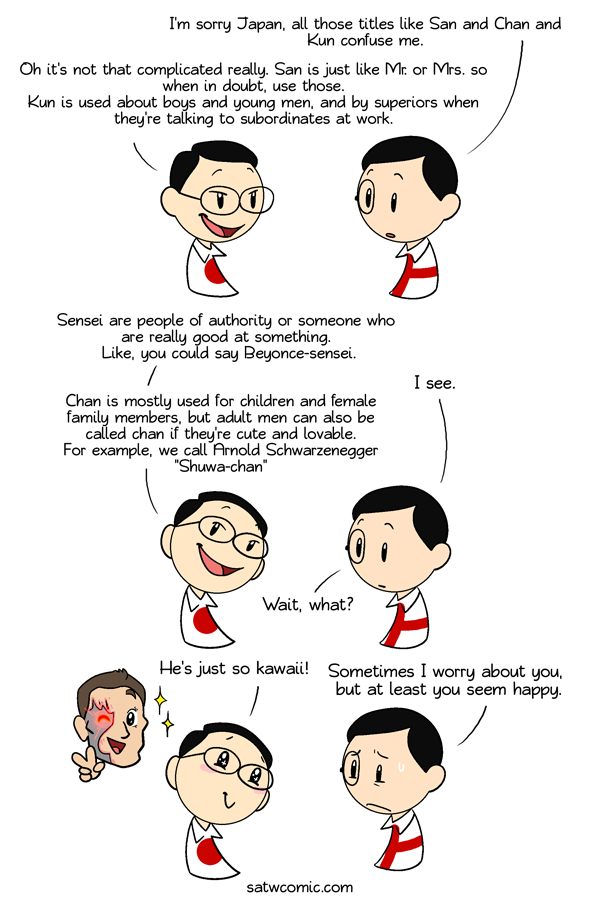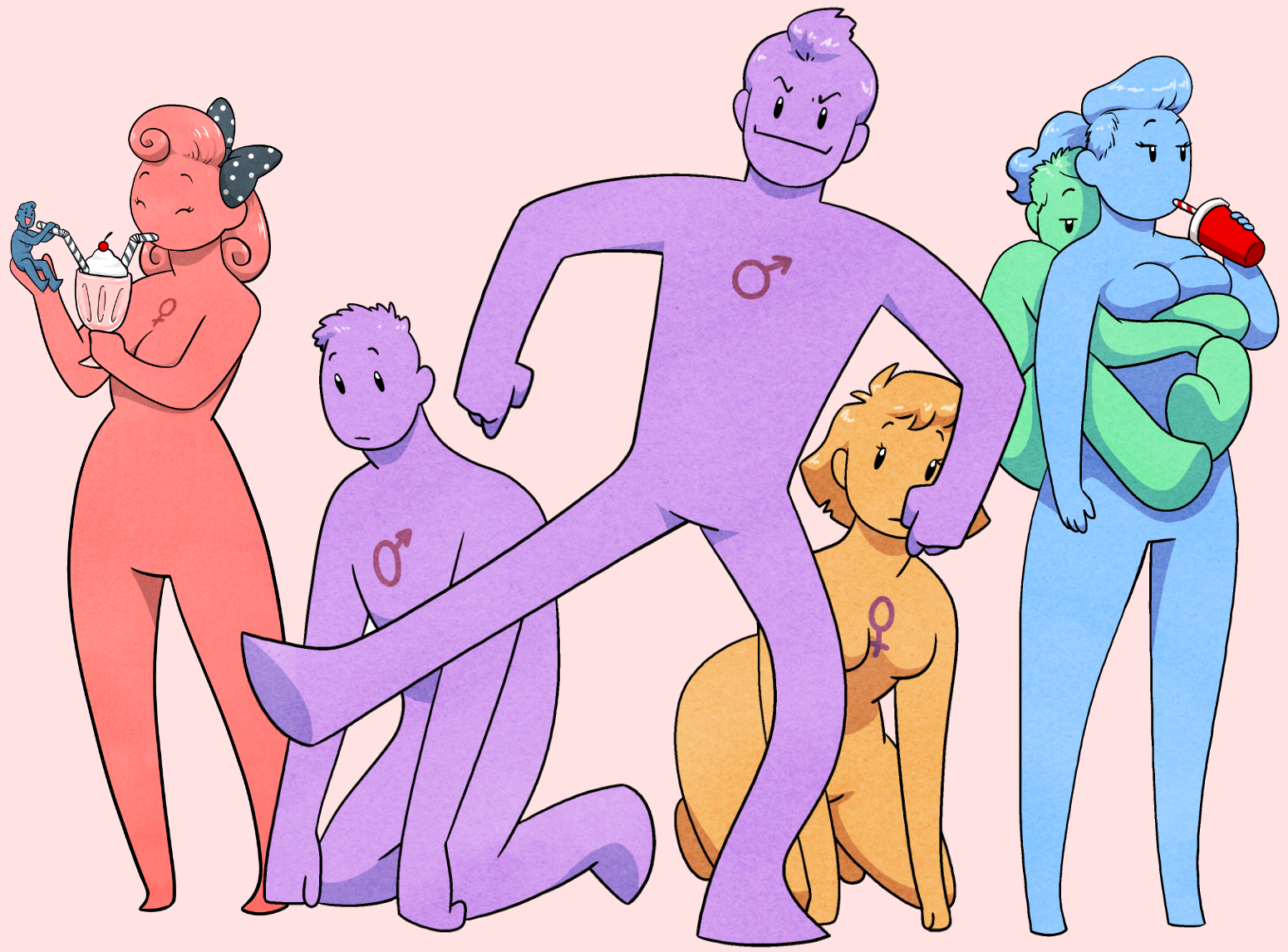8 years ago #9761580
8
3
Chan,san,kun, sensei...anyone having flashbacks to their cringy middle school weaboo phase?
8 years ago #9783887
5
0
Okay but the governator is like the most huggable Austrian you'll ever meet.
8 years ago #9761174
5
0
I just realized England and Japan look pretty similar. Well, to me at least.
7 years ago #9807836
4
0
XD Pretty good, but you missed out -shi, -sama, -senshu, -senpai, -kouhai and -ue, plus a few more that I might have forgotten ;) Though to be fair, the last two aren't really used with names; I refer to people as my kouhai when discussing them with someone else, but I would never call them, say, "Momoe-kouhai."
It also depends on the personality as well as preferences. I went to film college with a guy named Kikumoto who always insisted on being called Kiku-chan. I'm female but I'm also pretty tomboyish, so occasionally my classmates would call me Naka-kun :P
It also depends on the personality as well as preferences. I went to film college with a guy named Kikumoto who always insisted on being called Kiku-chan. I'm female but I'm also pretty tomboyish, so occasionally my classmates would call me Naka-kun :P
8 years ago #9761599
4
0
Once upon a time English had LOTS of confusing terms like Master, and the number of names after Miss depended on your birth order (to name just a couple) thankfully English evolved (or we wild colonial types just go lazy and stopped using them) so it really did take me learning Japanese to work out what all that guff in Austin and Dickens Novels was about.
8 years ago #9793746
3
0
Why do they look so similar? I like it it's just... they look a lot like twins
8 years ago #9763149
3
0
Really, The Expendables series must be the cutest films Japan has ever seen, with plush toys like Schwarzenegger, Stallone and Van Damme.
Add comment: Please Sign in or create an accout to comment.




 Support the comic on
Support the comic on 






























30